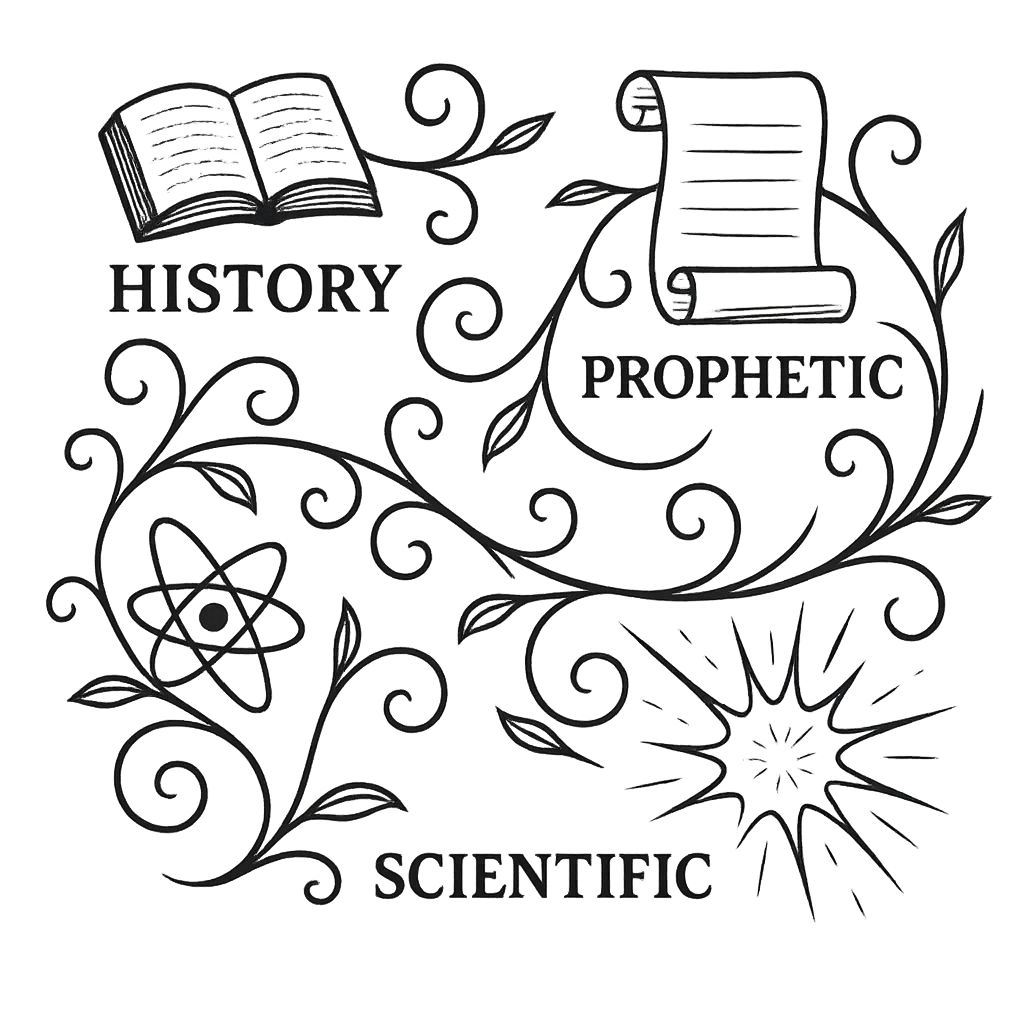Author: Matthew Frisbee
-
The Nazareth Decree
— by
in HistoricalThe Nazareth Decree is a Greek inscription carved on a marble slab that outlines a Roman imperial order against disturbing graves. While its origin is debated, its unique call for capital punishment for tomb-breaking has made it a central piece of evidence surrounding the historical context of early Christianity and the resurrection. 🧭 Introduction The…
-
Pliny the Younger
— by
in HistoricalIn 111–113 AD, Pliny the Younger, governor of Bithynia and Pontus, wrote to Emperor Trajan asking for guidance on how to handle trials of individuals accused of being Christians. The preserved correspondence provides valuable insight into the legal status of Christians, their worship practices, and the imperial policy toward them in the early 2nd century.…
-
Darkness at the Crucifixion
— by
in Historical🌑 Ancient References to Darkness at the Crucifixion Multiple ancient sources, Christian and non-Christian, report an unusual period of darkness during the time of Jesus’s crucifixion, traditionally dated around 30–33 AD. While the Gospel accounts describe this darkness as a supernatural event, several external sources appear to reference or attempt to explain a similar occurrence,…
-
Tacitus on Jesus
— by
in HistoricalTacitus, a Roman historian writing in 116 AD, provides one of the most important non-Christian references to Jesus Christ. In Annals 15.44, he confirms that Christus (Jesus) was executed under Pontius Pilate during the reign of Emperor Tiberius and documents the brutal persecution of early Christians under Nero. This source is widely accepted by historians,…
-
The Antiquities of the Jews by Josephus
— by
in HistoricalOne of the most compelling arguments for the historical existence of Jesus is the documentation from non-Christian sources. The most significant source is the work of the Jewish historian Flavius Josephus, particularly his extensive chronicle The Antiquities of the Jews, written around 93–94 AD. Commissioned by the Roman Emperor Vespasian, Josephus’s writings carry significant weight…
-
Cosmological Argument
— by
in ScientificOne of the most common arguements for Intelligent Design is the Cosmological argument, which has been popularized by scholars William Lane Craig and Frank Turek, amongst others. The Cosmological argument is rooted in both science and philosphy, and follows the following philsophical reasoning: But how do we know the universe had a beginning? And how…
-
Dead Sea Scrolls
— by
in HistoricalOften hailed as the greatest archeological discovery of the 20th century, the Dead Sea Scrolls not only bridge a historical gap of over a thousand years in biblical documentation, but they also demolish the common narrative that the Bible has been tampered with over time. Instead, they show careful preservation, predictive prophecy, and deep insight…
-
Isaiah 53
— by
in Prophecy📝 Summary One of the most remarkable chapters in the Old Testament is Isaiah 53, a poetic yet piercing portrayal of a figure known as the “Suffering Servant.” Composed over 500 years before the life of Jesus, this passage has long stood at the heart of messianic prophecy, pointing to a redemptive figure who would…
